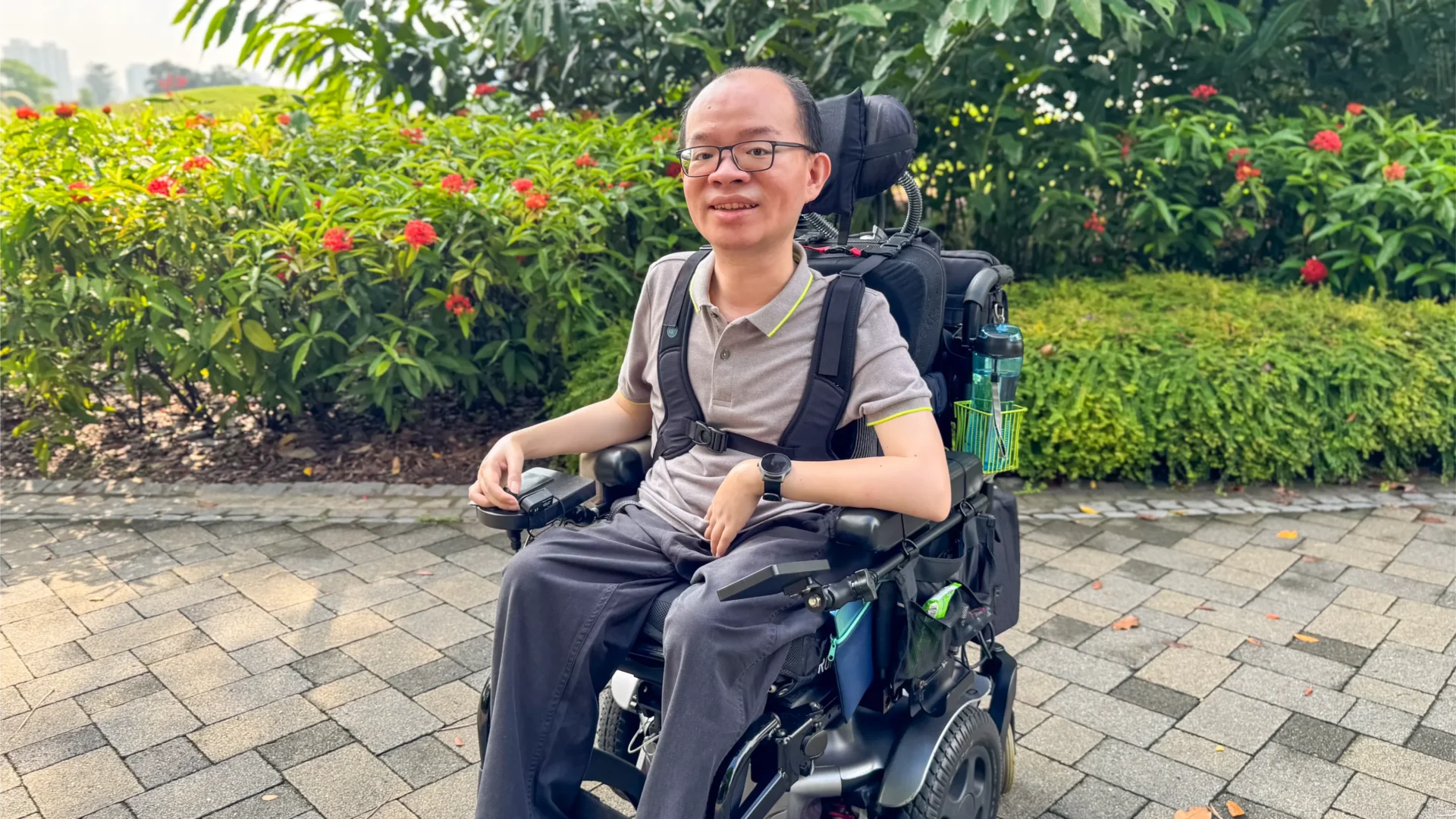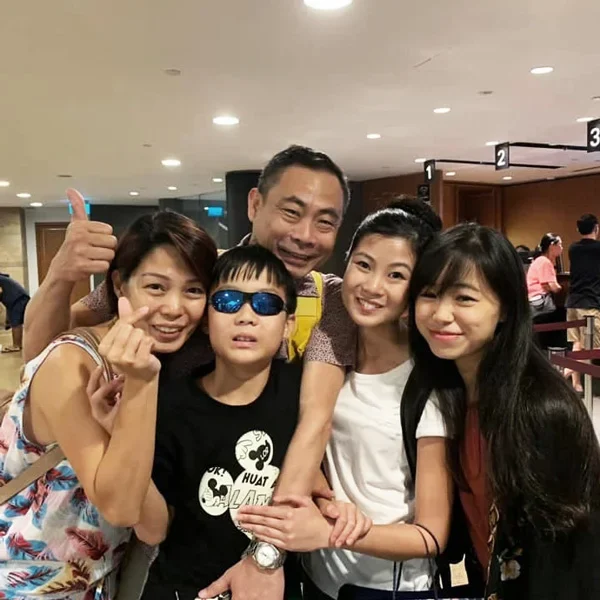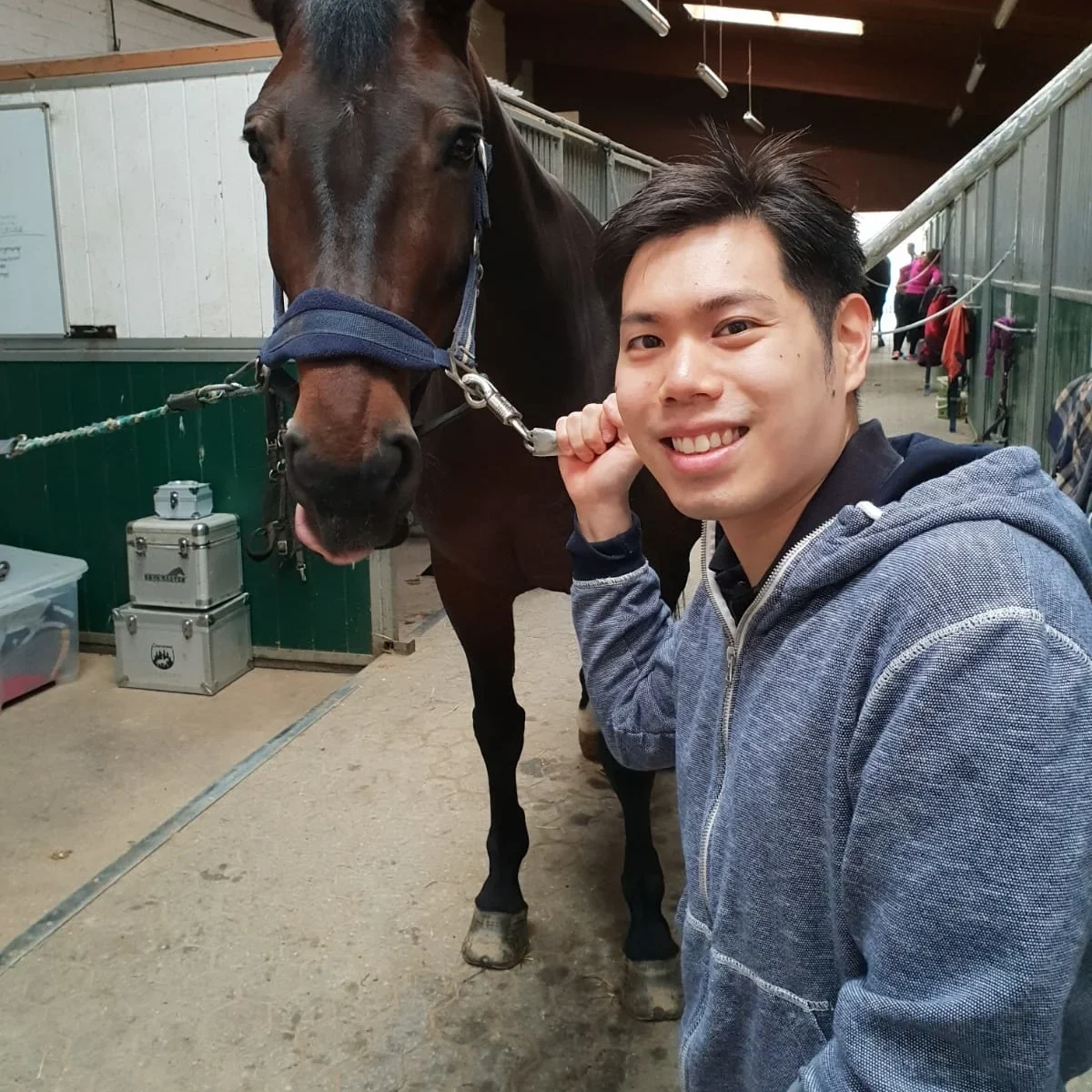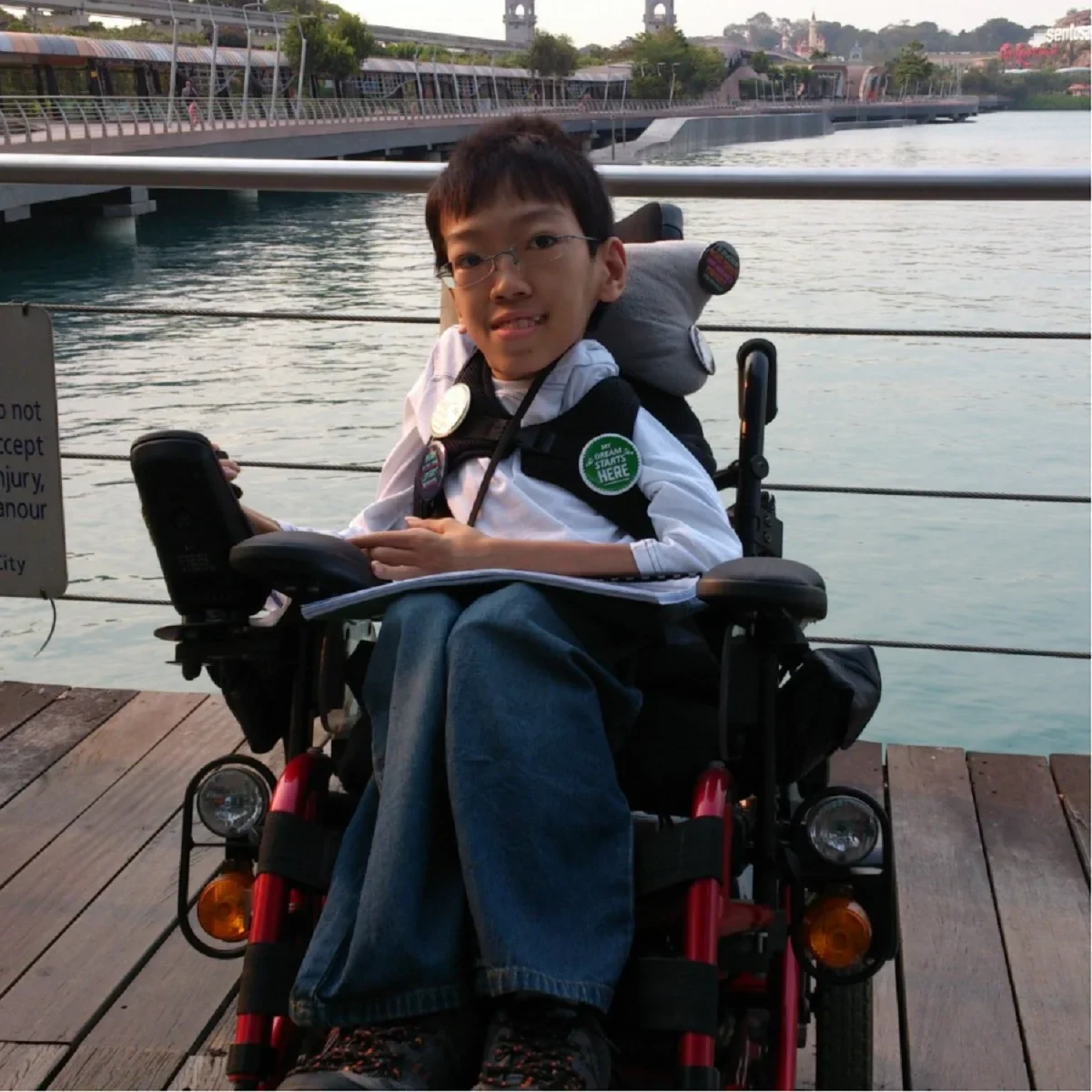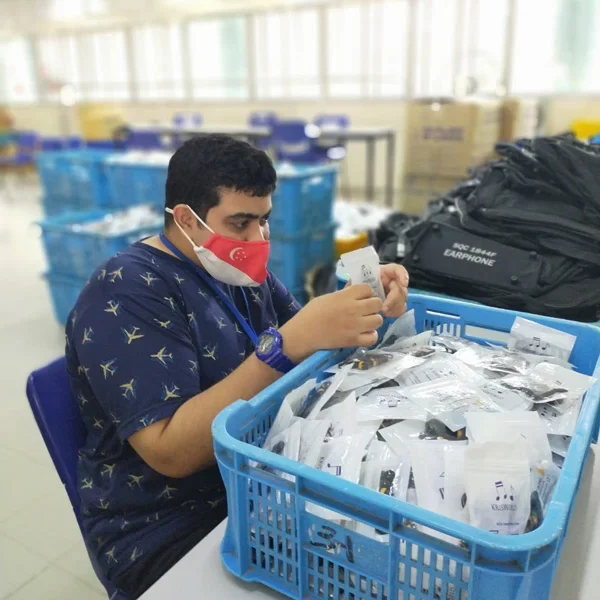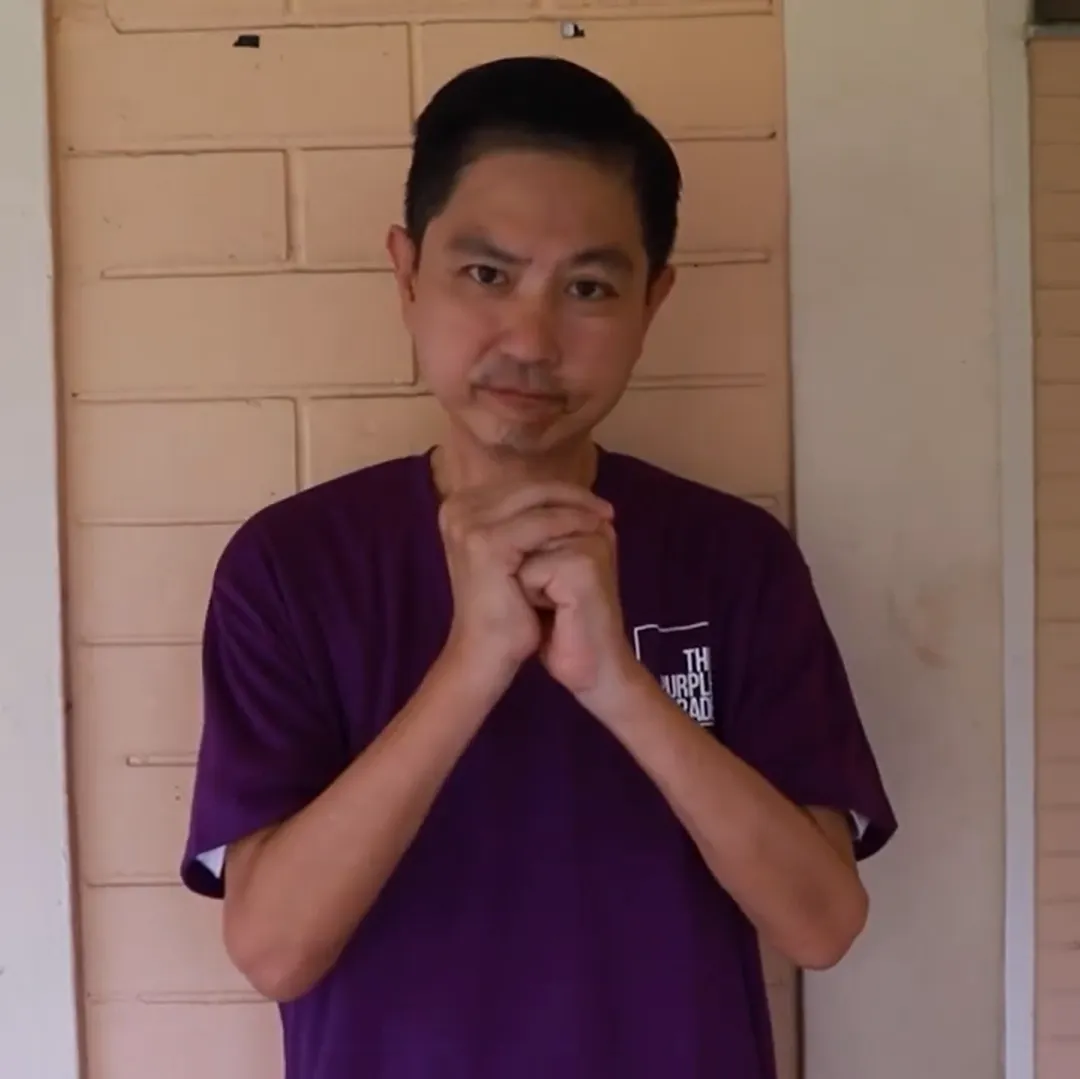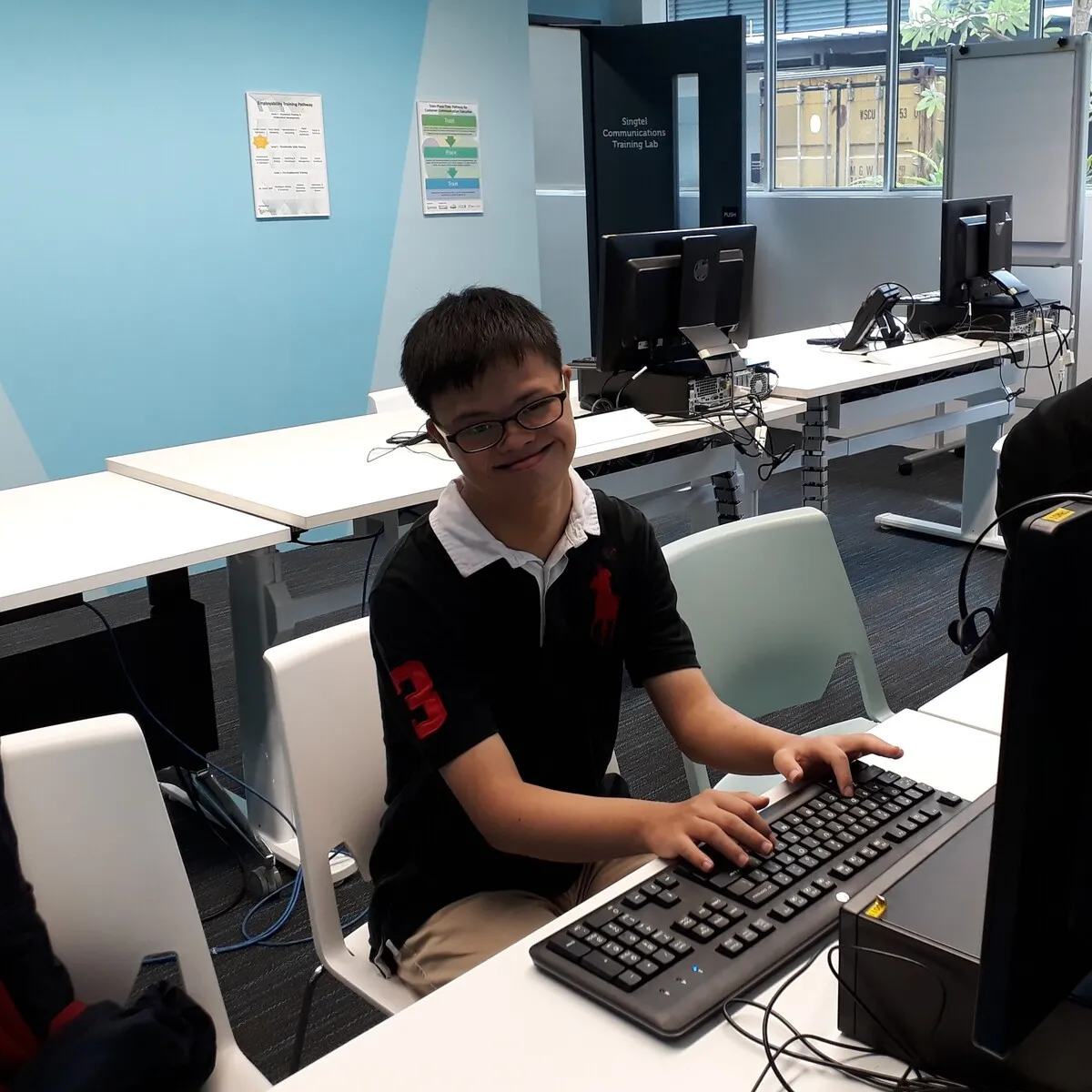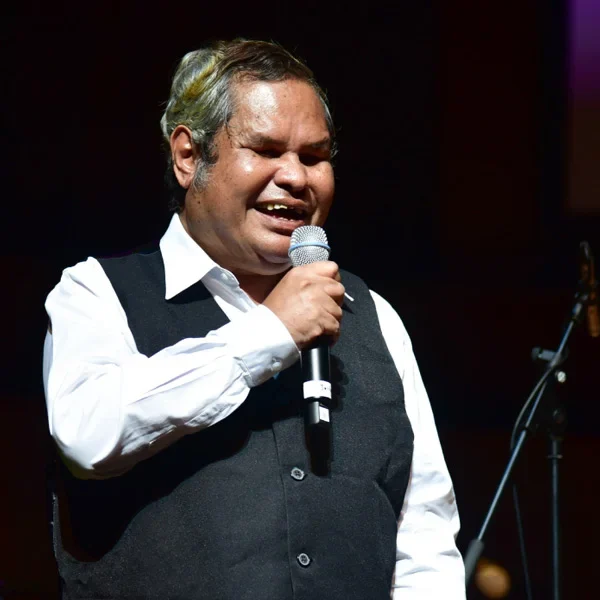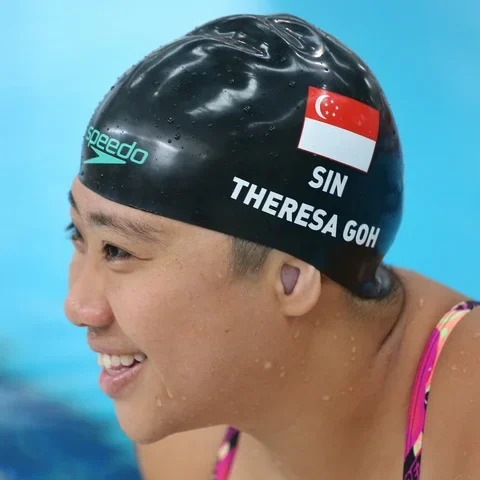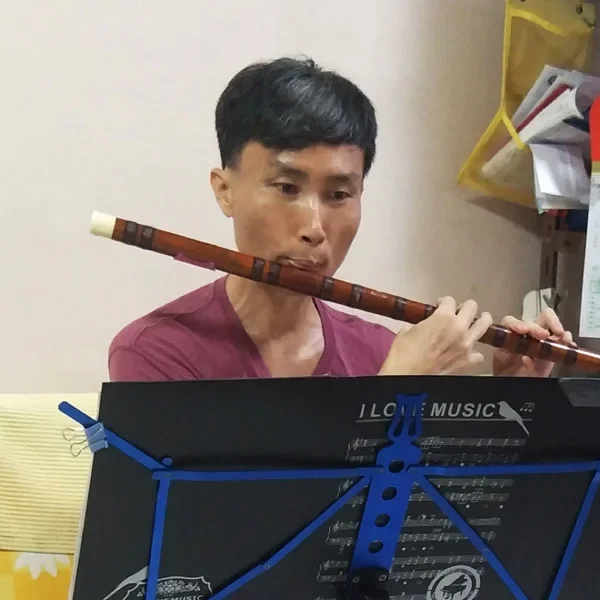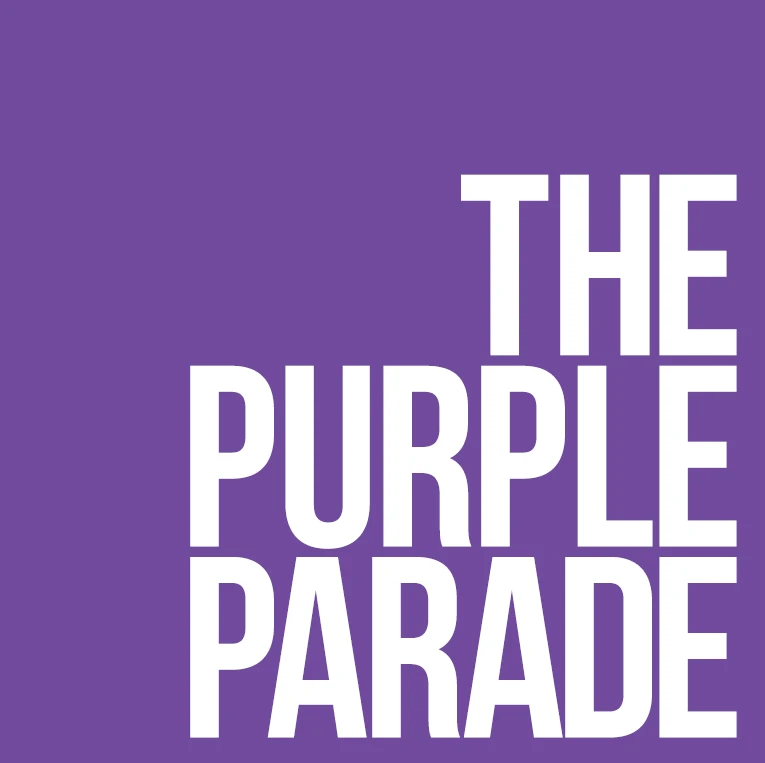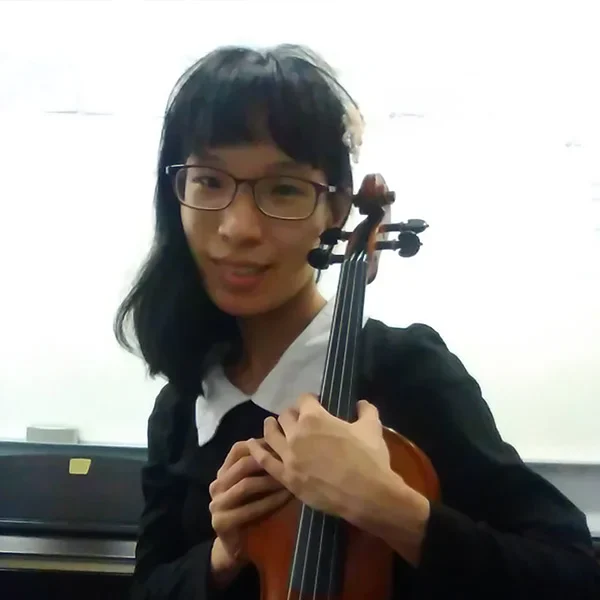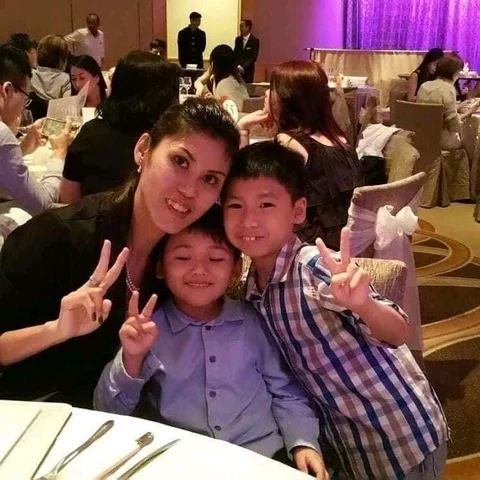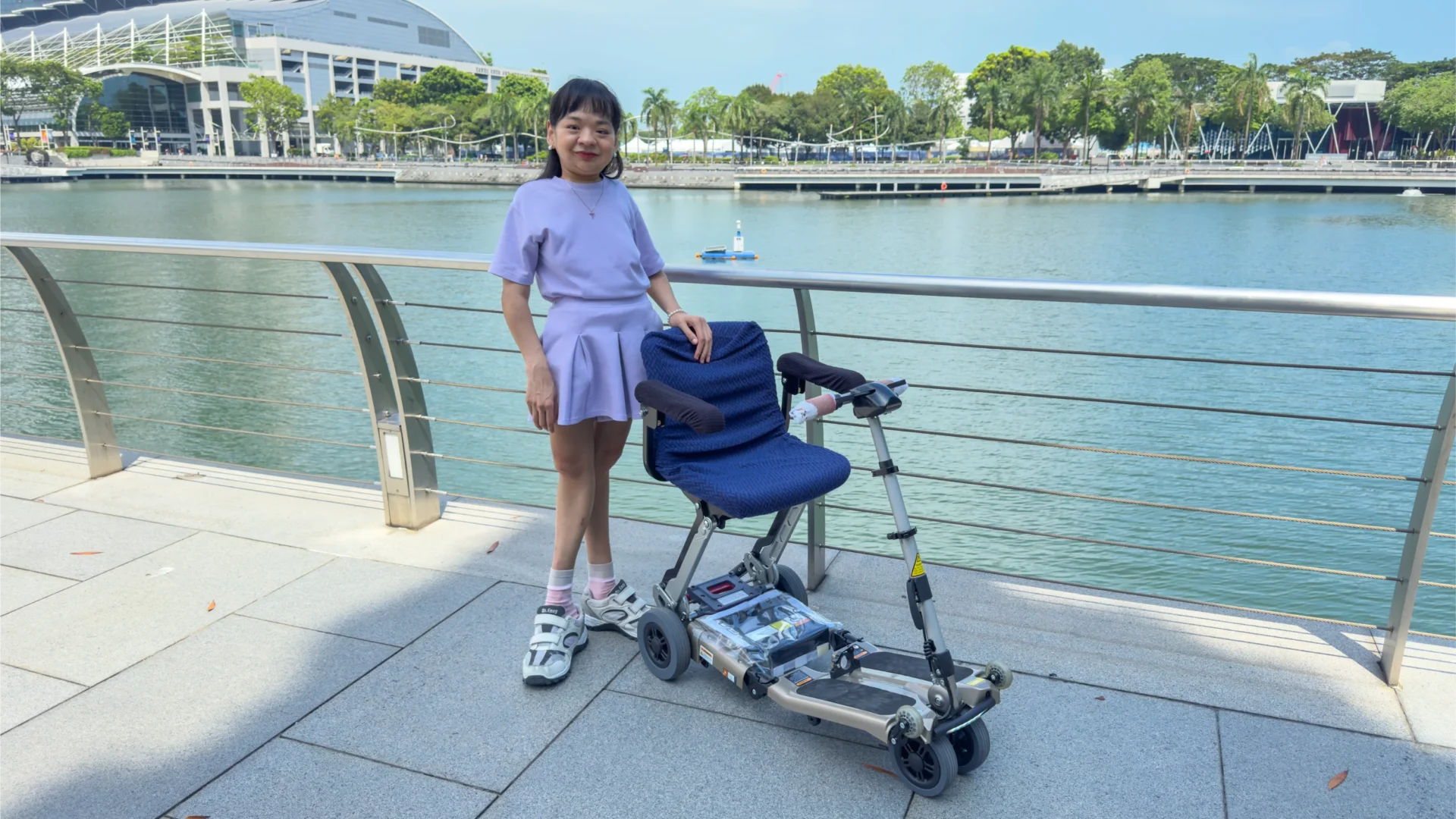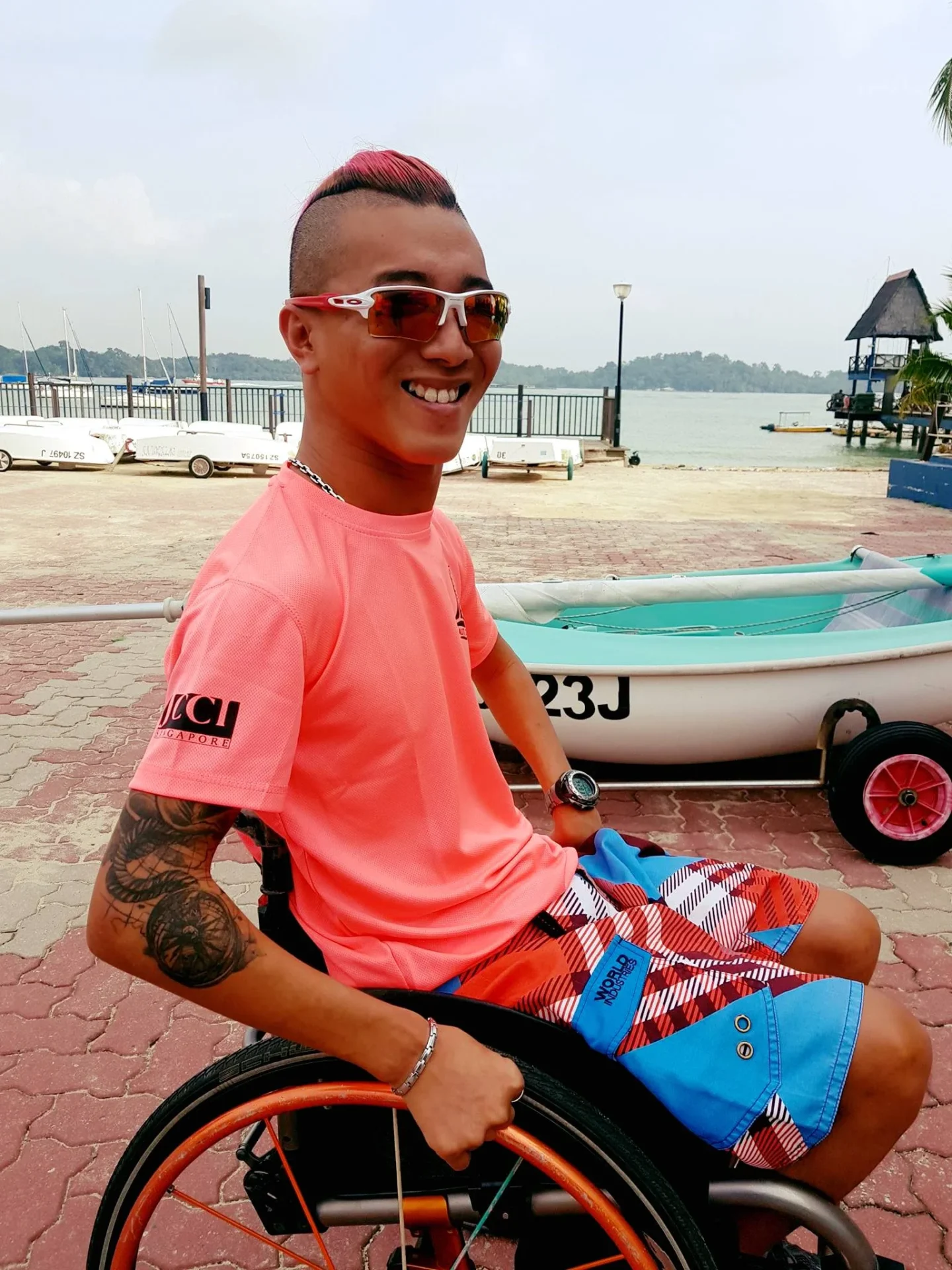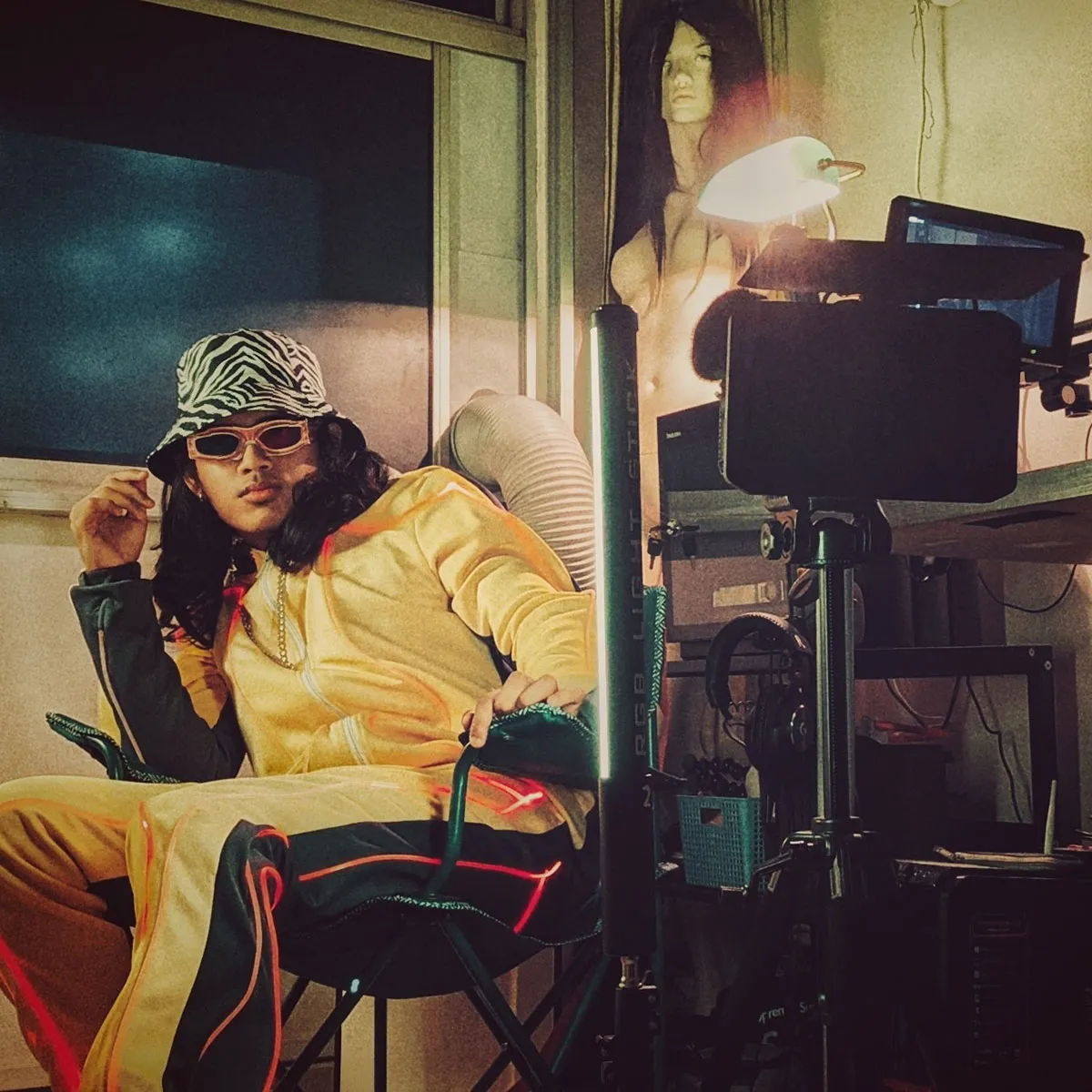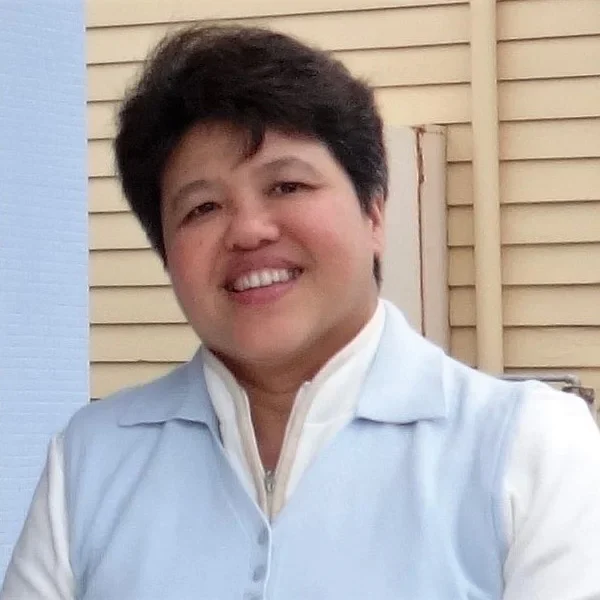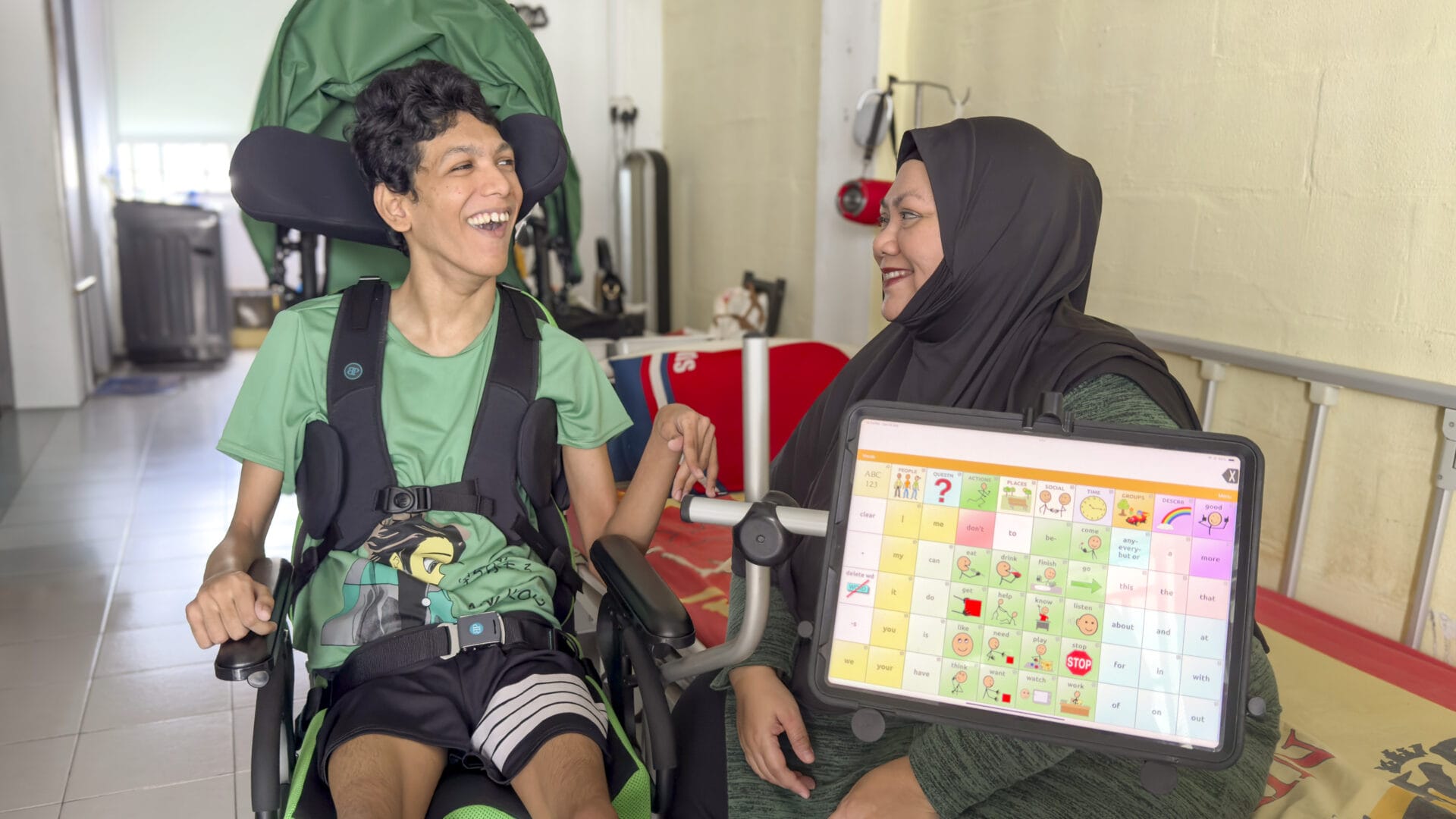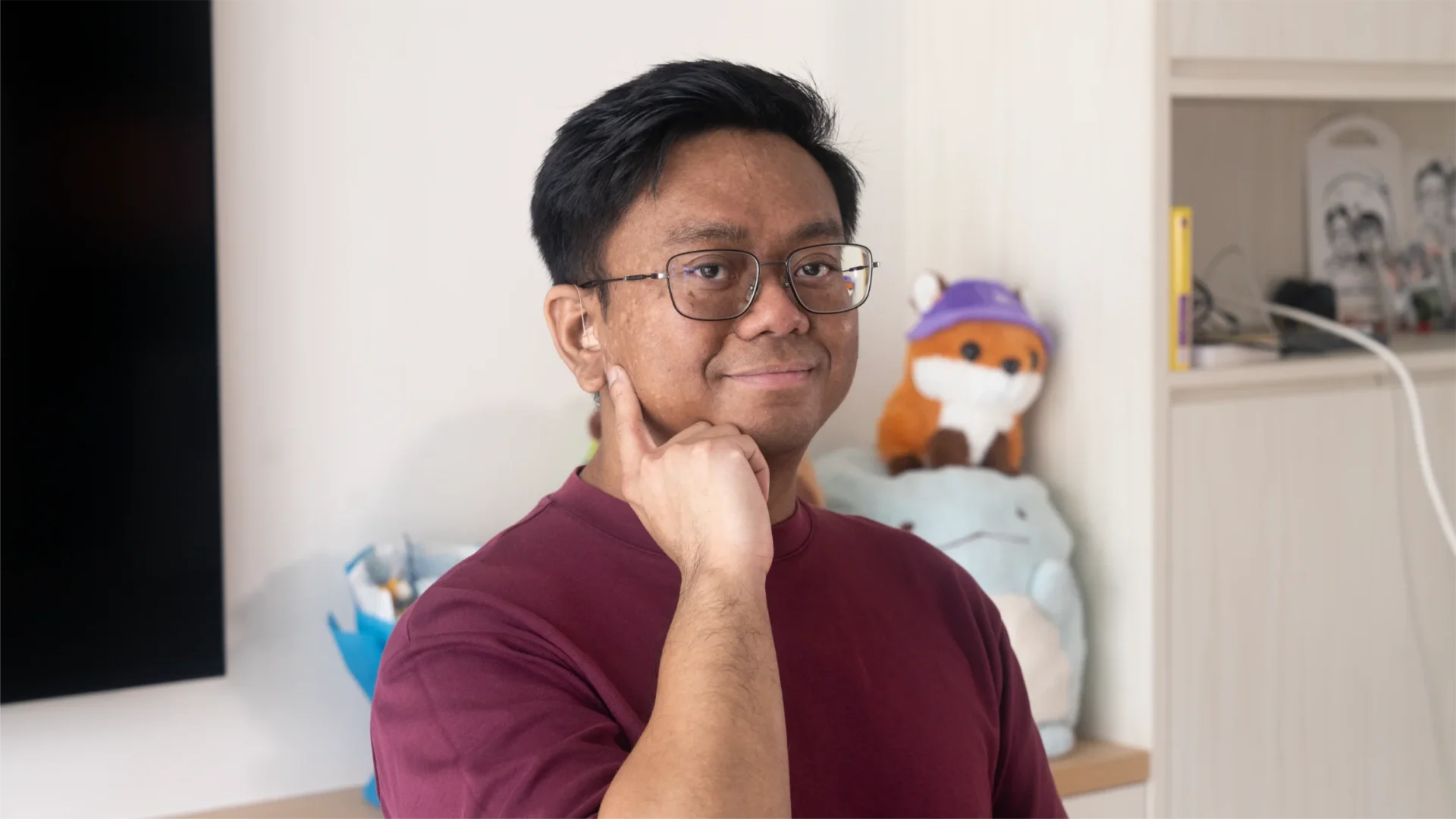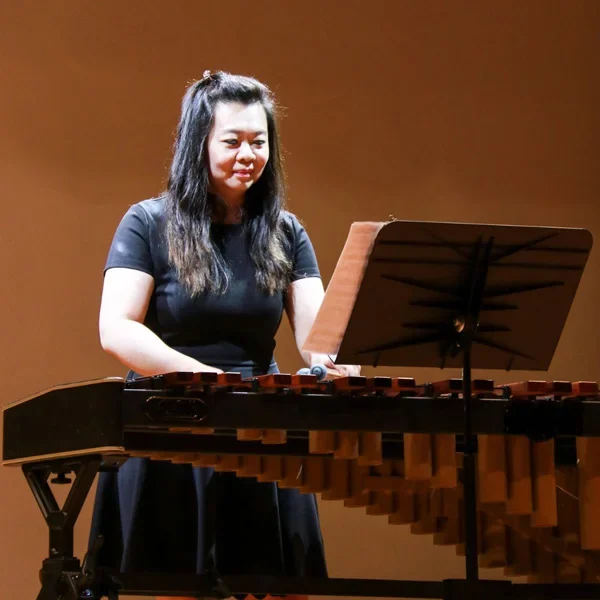Oh Boon Keng
Trying to be “Normal” was Holding Me Back All Along
What inspired you to embrace your “unordinary life”?
A huge part of my life has involved me having to confront difficult questions about myself.
Will I be able to work hard enough to study and get a good job?
Will I be able to fall in love?
How long am I going to live?
I have Duchenne muscular dystrophy, which causes my muscles to weaken rapidly as I age.
Today, my condition means I tire very easily and I rely on a respiration machine to help me breathe. I use a wheelchair, and need help with many physical tasks.
As my condition progressed, I was also consumed by many fears.
Will I even be able to live long enough to find my happiness? I was very “kiasi” (Hokkien phrase meaning “scared of dying”). I didn’t want to die before turning 30. This happens to many people who live with Duchenne muscular dystrophy like me.
I started feeling frustrated with my perceived inability to achieve the “normal” things other people could. Would it even be possible for me to be happy? I was lost and unsure about myself. On hindsight, it’s obvious that I was feeling depressed. I just wanted my life to be normal, just like everyone else. That way, people would finally accept me for who I am.
But looking back, it’s obvious that the biggest problem was that I wasn’t accepting my own self.
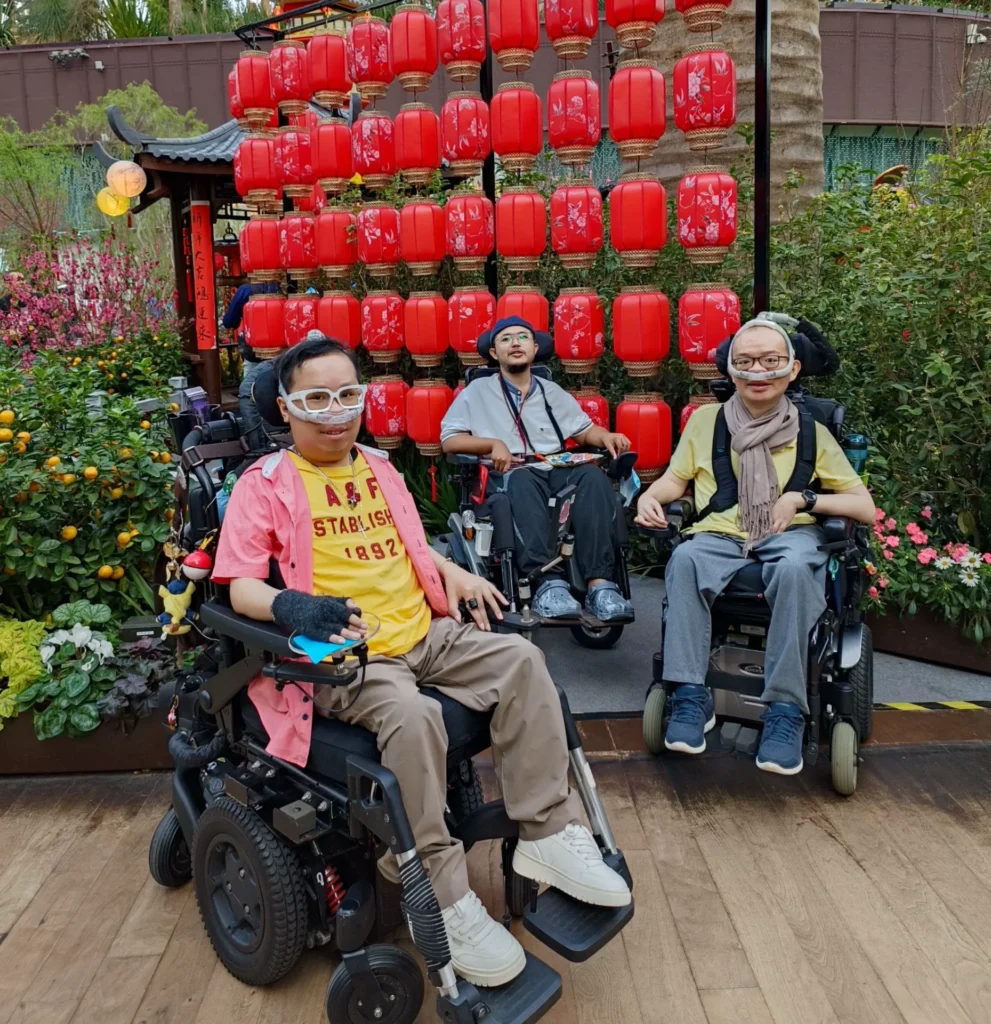
One of my biggest inspirations has always been our leading disability advocates in Singapore. For example, Judy Wee, the current Executive Director of the Muscular Dystrophy Association Singapore (MDAS), has such a powerful way of speaking about disability issues.
Judy manages to be vocal and assertive about what we need, but still figures out how to say the right things to forge friendships with corporate and government partners. She knows when to push for the rights of people with disabilities, but not too much so people don’t get upset at her. She’s an extraordinary person who has done a lot for our community.
I greatly admire Judy’s dedication. She’s living such a meaningful life.
As an adult, meeting people like Judy reminds me all the time that, on hindsight, I really was looking at things the wrong way. Instead of worrying about how “normal” my life was or wasn’t because of my disability, I should just make the most out of the life I have.
And if I’m so afraid of dying, maybe I really should be doing more meaningful things with my time.
It’s not like living a “normal” life is something within my control either. I literally have a medical condition that only affects 0.025% of the world’s population. I literally am not living a “normal” life, so I should just stop worrying about how “abnormal” I am.
I decided I had two options.
I could either resign myself to my fate and feel bitter about my situation. Fearful of my shortened life expectancy, yet waiting to die.
Or I could accept that this was the one life I had to live, and that I should make it count.
What kind of support did you have from the people around you during this difficult time?
For a long while, I was feeling rather down. Even knowing I had to be more accepting of my situation didn’t mean I was suddenly happy or filled with a newfound sense of purpose.
I had many friends who gave me a safe space to talk openly about my troubles. Sometimes it amazes me how patient they were with me. But they lent me a listening ear when I needed it the most.
I will also be eternally grateful for my mother, who was always there for me. She was my primary caregiver for 20 years before we sought help from a professional caregiver. When I was much younger, she was the one who would take me to school and wait for me to finish class because she knew I would need assistance with some physical tasks like using the restroom.
When people would ask my mother about her hopes and expectations for me, my mother would tell them, “As long as he’s happy, that’s what matters.” She didn’t want to pressure me to feel like I had to live my life a certain way, and she did not expect anything in return for the energy she put into caring for me.
My mother passed away 3 years ago.
The biggest ways the people in my life have helped me is that they’ve all given me so much to be grateful for. It might sound corny, but life is really worth living when you have people who are there to love and support you. Because they were there for me, I eventually managed to start the long journey of figuring out how I wanted to live my life on my own terms.
But I’ve also realised that the people in our lives cannot be there for us forever. That’s why it’s even more important to cherish the people you love while they’re still here.
What are some of the ways you hope to make a meaningful impact?
Nowadays, I try to be as constructive as possible in everything I do.
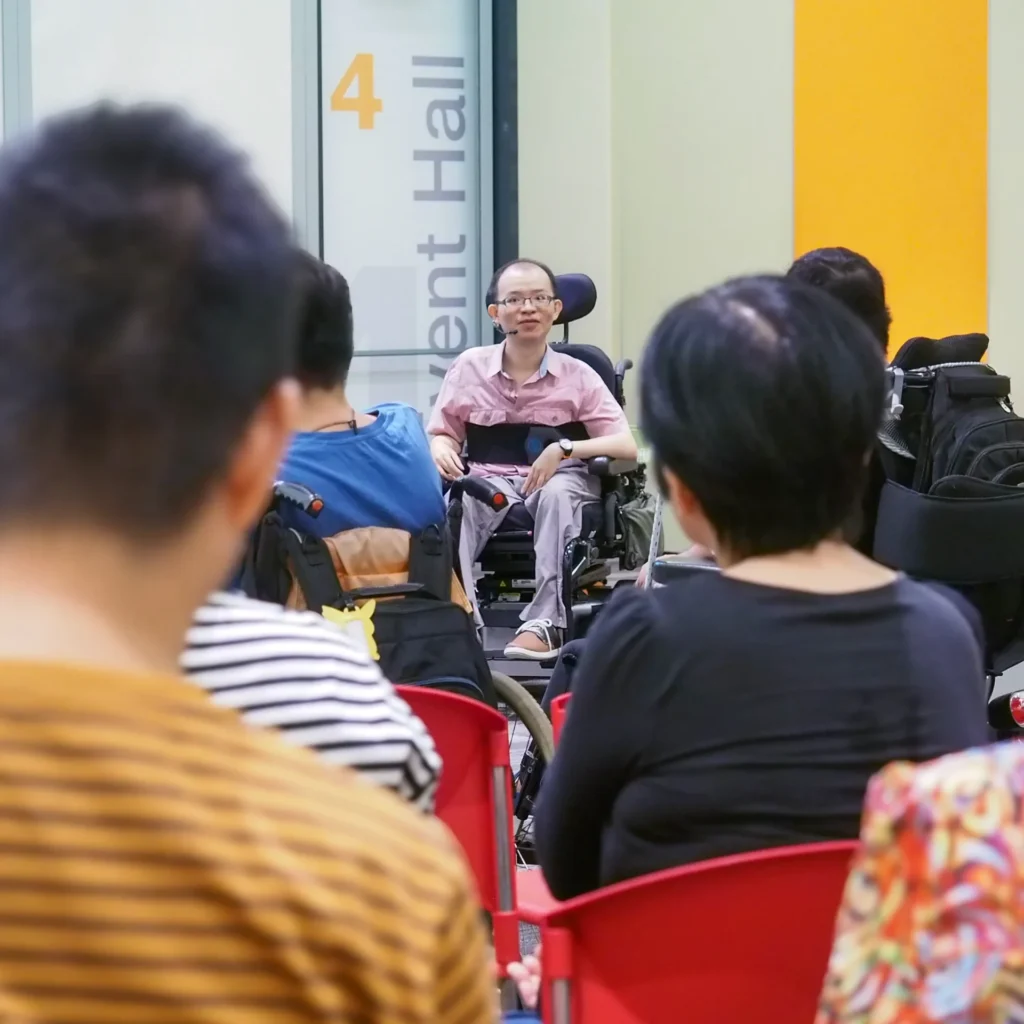
I have the great privilege of being a speaker, sharing my story with others to perhaps inspire people.
I also have very deliberately taken a page out of Judy’s book. I now try my best to get involved with many disability issues, and to advocate for a better tomorrow for my fellow Singaporeans with disabilities.
Recently, I’ve been getting more active with citizen engagement sessions. A group of us with disabilities have been giving feedback to public transport providers on how to make our buses and trains more accessible to wheelchair users like me.
I’ll admit, sometimes change comes really slowly. For example, it’s taken many years for some overhead bridges to finally get elevators so wheelchair users like myself can access them. Many other overhead bridges still don’t have elevators yet, with no estimates on when they’ll be installed. It can feel a bit disheartening to have to wait so long for things to get better.
But then I see other instances of our feedback leading to real, meaningful change. Ramps and elevators being standard at all train stations. The staff at bus and train interchanges smiling and readily offering help when they see me and my friends arriving, asking if we need any assistance.
These are the small things that remind me that our effort is worth it. Because I’ve done my small part to make our country just that little bit better for the hundreds of thousands of other people with disabilities in Singapore.
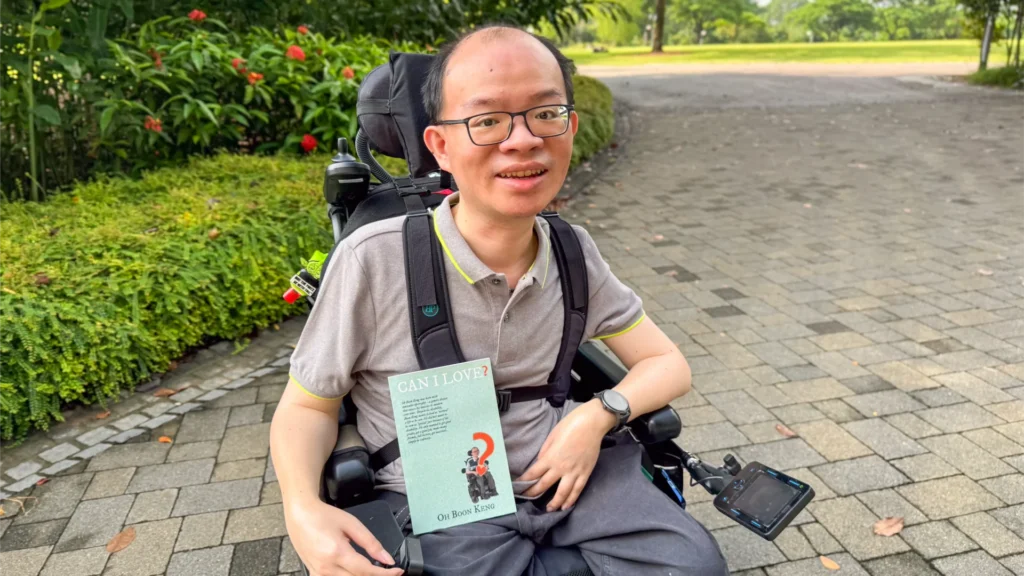
I’ve also written a book! “Can I Love?” is a piece I wrote discussing my feelings, both the joys and the struggles, about what it’s like to build meaningful romantic relationships as a person with a disability.
I’ve been told by some readers that it’s been eye-opening to read about the feelings of isolation that having a disability can bring, and how it leads some of us to crave human connection even more. My readers have developed a better understanding about disabilities because I took the time to write about my feelings from my unique, unordinary perspective.
I may be living an unordinary life. But when I see the positive change I can make, it’s an extraordinary feeling like no other.

